 |
| July 28, 2021 |
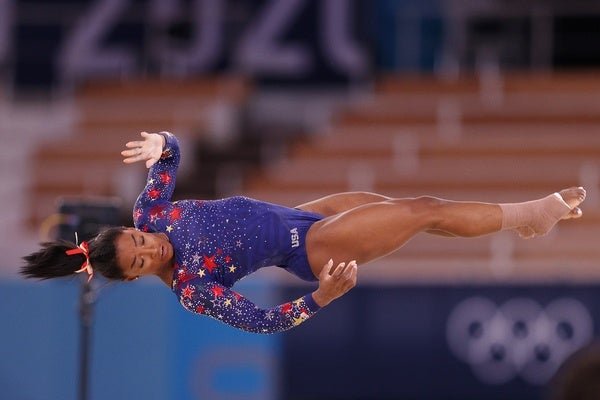 |
| |
| |
| |
| |
| |
| |
| |
| |
| |
| |
| |
| |
FROM THE STORE
 | | Ask the Experts: Human Body and Mind The third eBook in our Ask the Experts series, Human Body and Mind tackles questions about our own strange and mysterious biology, from how we evolved to exist this way to feats of body and mind. |  | | |
| |
FROM THE ARCHIVE
 | | | |
| QUOTE OF THE DAY
 "I just felt like it would be a little bit better to take a back seat, work on my mindfulness. And I knew that the girls would do an absolutely great job." Simone Biles, gymnast via NPR | |
LATEST ISSUES
 |
| |
| Questions? Comments?  | |
| Download the Scientific American App |
| |
| |


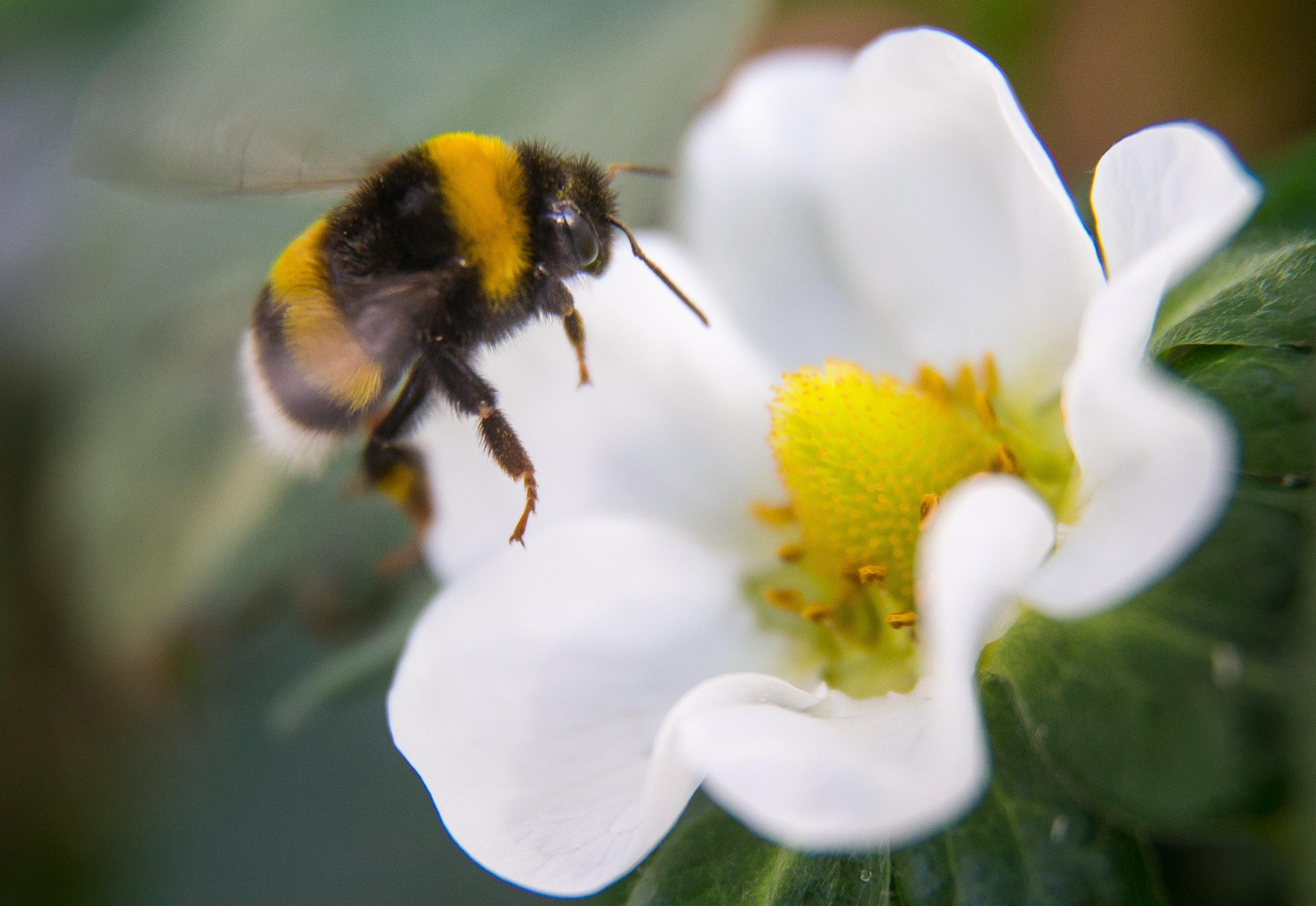
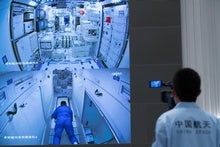
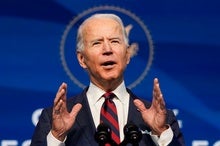
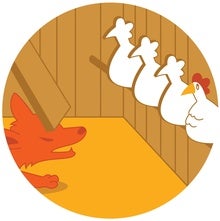
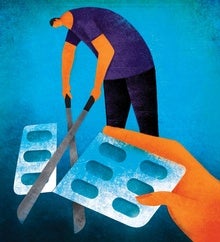
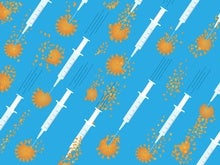
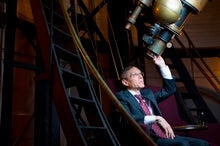
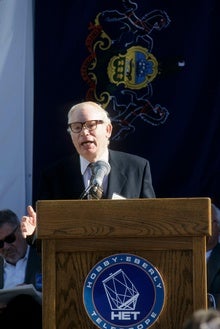
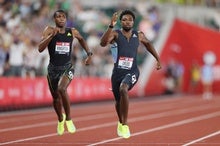
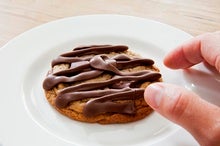
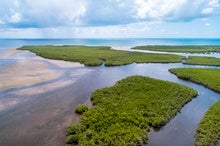
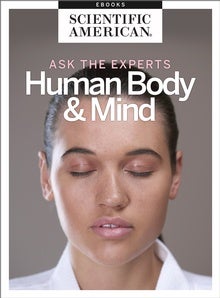



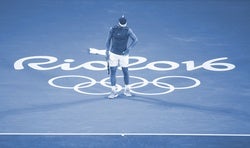
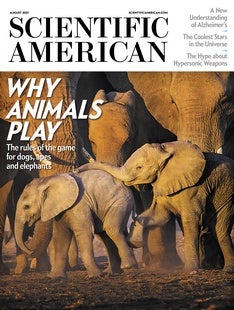

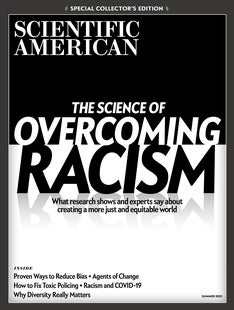
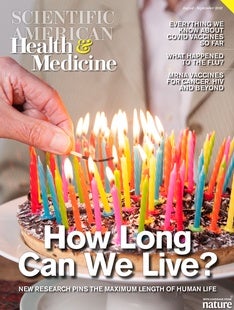
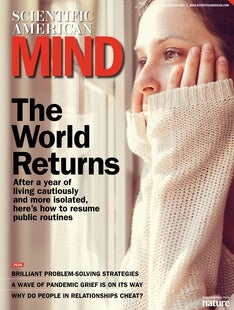



Comments
Post a Comment